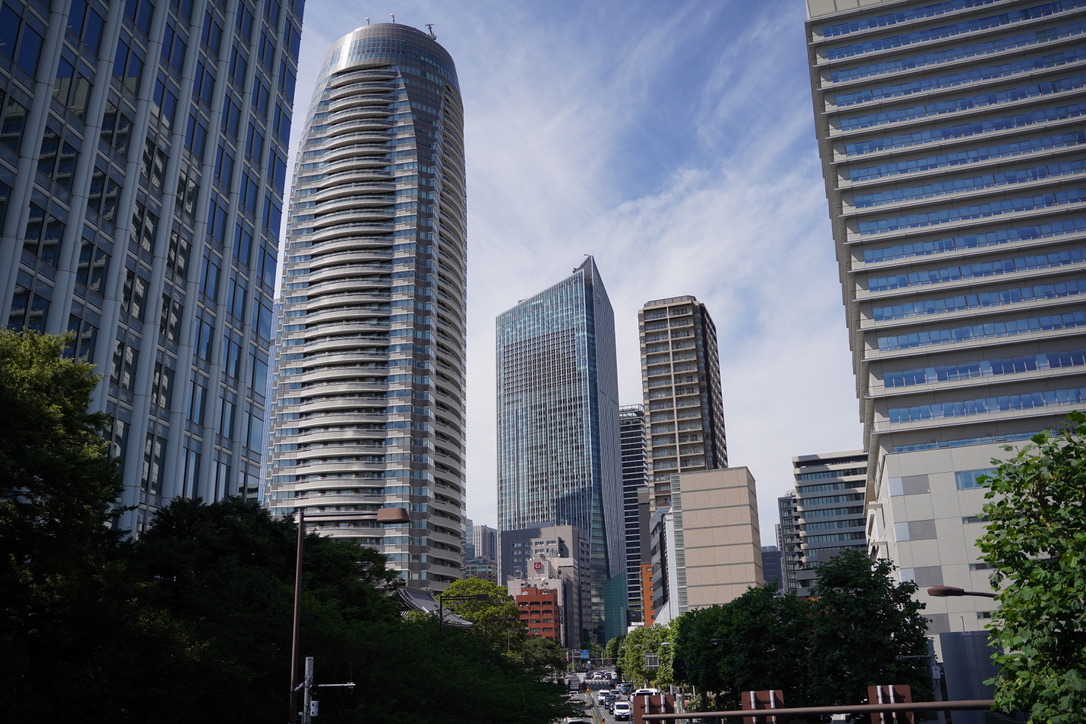Japan’s Startup Revolution: Initiatives and Potential for Overseas Businesses

Supporting Growth Areas such as AI, Autonomous Driving, and Renewables
The Japanese government has designated 2022 as the inaugural year for startup creation, recognizing startups as key players in economic growth. Over the next five years, they plan to increase investment in startups.
Subsidies are already available from various ministries for fields like AI, next-generation computing, regenerative medicine, gene therapy, autonomous driving, renewable energy, space, and aquaculture. Moreover, there are support funds from government-related banks and universities, as well as low-interest loans. Most of these support measures are accessible to foreign individuals and businesses, making it a promising environment for anyone with innovative ideas, regardless of their nationality.
Why Overseas Entrepreneurs Want to Start Up in Japan?
Until recently, Japan had fewer startups than many other countries, and its support system for venture companies lagged behind. Japanese societal tendencies to avoid risk, difficulties in talent acquisition, and challenges in raising risk capital were some of the reasons behind this. It is my personal belief that the birth of venture companies has increased significantly in the past 20 years, largely driven by the emergence of the digital sector.
In light of these factors, let’s explore why overseas entrepreneurs might choose to start their startups in Japan.
- Expansion Based on Success in the Home Country: Many startups expand abroad based on their success in their home countries.
- Applying Business Models Unseen in Japan: Some startups come to Japan with business models not yet present in the local market.
- Key Players in the Target Industry Are Japanese Companies: In certain sectors, the major players are Japanese firms.
- Gateway to the Vast Asian Market: Japan serves as a strategic hub for accessing the enormous Asian market.
- Desire to Live in Japan: Some entrepreneurs are drawn to Japan and wish to make it their home.
There are various reasons, but the most common appears to be the overseas success of a business that they can replicate or adapt in Japan. Expanding a business already successful in their home country is a relatively low-risk approach within the realm of international startups. The main costs typically involve marketing, while the existing product or service remains the same, making it possible to aim for significant sales with minimal investment. Similar considerations apply when a business model has succeeded in the home country but has yet to be introduced in Japan.
Moreover, some entrepreneurs likely find value in the accessibility to the vast Asian market. Asia comprises 60% of the world’s population, and Japan holds substantial potential as a startup hub. With its political and economic stability, high quality of life, and a dominant presence in specific industries, Japan presents compelling reasons for overseas entrepreneurs to choose it as their startup destination.
Aboundant Incubation Hubs for Startups
Silicon Valley in California, USA, has been the birthplace of global giants like Apple, Google, and Intel. Various countries have sought to create their versions of a startup ecosystem akin to Silicon Valley.
In Japan, while there is no single concentrated area like Silicon Valley, key startup hubs can be found in Tokyo, Osaka and Kyoto. Minato Ward in Tokyo, however, stands out as a significant supporter of startups. Minato Ward has nurtured numerous startups that have gone on to achieve initial public offerings (IPOs), earning it the reputation of being a holy place for startups.
Minato Ward boasts a thriving international community, with over 50 embassies and a multitude of global multinational corporations. Among the companies with a presence in Minato Ward are industry giants such as Goldman Sachs, Deutsche Bank, McKinsey, Walt Disney, Microsoft, Apple, and many more.
Minato Ward offers various forms of support, including incubation facilities and JETRO (the Japan External Trade Organization), which disseminates information about Japan to overseas businesses. In 2020, CIC (Cambridge Innovation Center) Tokyo was established in Toranomon Hills, Minato Ward. CIC Tokyo serves as a base for more than 200 companies, with overseas startups making up roughly half of its occupants.
Furthermore, Tokyo’s Minato Ward is set to open the “Tokyo Venture Capital Hub” in Azabudai Hills in November 2023. This facility, Japan’s largest incubation center, will play a crucial role in supplying risk capital, with a total of 70 companies including venture capital and corporate venture capital firms. Currently, many major companies have also established their headquarters in Minato Ward. Its proliferation of incubation facilities makes it a significant contender as Japan’s Silicon Valley.
In Conclusion
The Japanese government, recognizing the vital role of startups in economic growth, has made the deliberate decision to support venture companies actively. This support extends not only to Japanese companies but also to overseas entrepreneurs who wish to conduct business in Japan. For such entrepreneurs, this is a significant opportunity.




